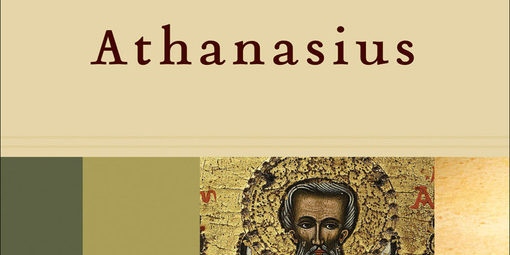
Athanasius
Over at Credo’s “Reviews” page, Brian Arnold has written a review of Athanasius, by Peter J. Leithart. Though debated, Athanasius may be the most important figure in the early church in regards to the deity of Christ. Arnold writes,
Critical for Athanasius’s metaphysics is the creator/creature distinction made at creation. Arius cannot account for Jesus’ elevation to a worshipped creature without running into idolatry. Creation is an act of the Son and even becomes part of Athanasius’s apology for the cross (116). Chapter five undertakes the topic of “God for Us,” or the doctrine of the incarnation, which was the centerpiece of theology for Athanasius. Borrowing from R.P.C. Hanson, Leithart likens Athanasius’s view of the incarnation to God in a space suit (122-3), saying that just as an astronaut needs a suit to do his work, so too did Christ need flesh. While this opens Athanasius to the charge of Docetism, Leithart emphatically denies this heresy after considering the possibility. The final chapter focuses on the end which, for Athanasius, means deification. Deification is often misunderstood to blur the creator/creature distinction, but Athanasius toes this line without falling into error. For him, deification refers to the realization of created destiny and knowledge of the creator (162).
Athanasius would be pleased that Leithart is deliberately Christocentric. Leithart argues that Athanasius had a robust Christology that shaped each of his writings, so it is fitting that he also makes this the focus of his book. He is Christocentric in numerous creative ways which add to the strength of this book. Leithart also has an impressive knowledge of the current debates and is conversant with a vast array of primary and secondary sources. For example, Leithart demonstrates often how Athanasius would respond to contemporary theological issues. From Rahner’s Rule to Jürgen Moltmann’s divine passibility, Athansius speaks to matters that perplex modern theologians, thus providing an indirect call to study the fathers.
Read Arnold’s entire review here.

